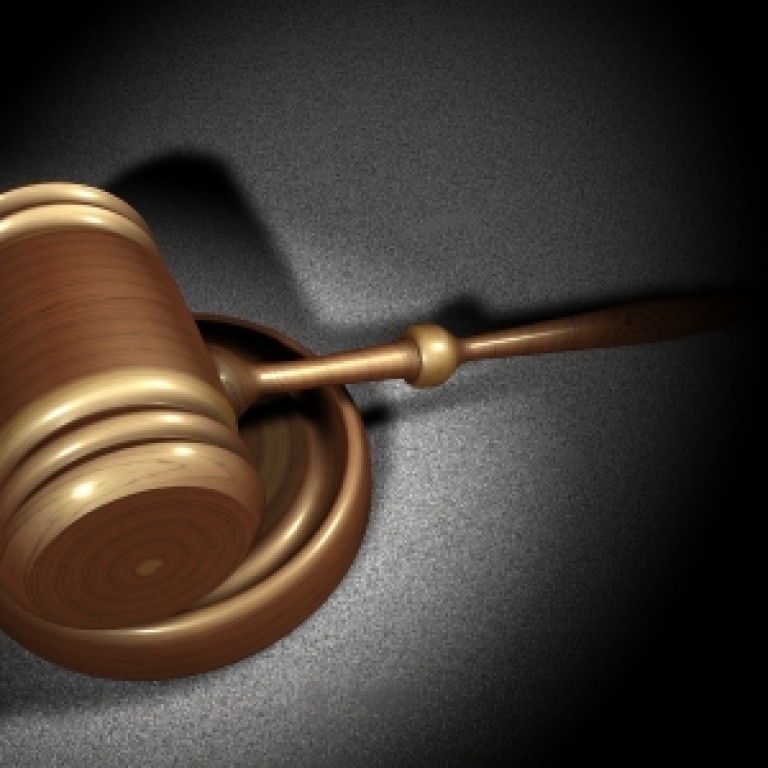
What to Expect From a Legal Education in Hong Kong
Unlike the People's Republic of China, Hong Kong’s legal system is based on English and Welsh common law. While the education for law in both Hong Kong and the PRC are comparable in training length and qualification for solicitors and barristers, there are big differences. Hong Kong is a Special Administrative Region due to its colonial history, and as such, Hong Kong is outside of the legal jurisdiction of the PRC, except on constitutional issues. A Hong Kong lawyer will be unable to practice law in mainland China, so a student should make sure they want to learn and practice only Hong Kong law when deciding to get a legal studies degree.
Once an undergrad does decide to pursue a Hong Kong legal studies degree, they will be in for four years of education. After a student receives their Bachelor of Law (LLB), they are then customarily qualified to apply for membership of the bar or law society, but membership eligibility may be contingent on the completion of further professional exams. In that case, a graduate may have to gain further qualifications at a postgraduate level in the form of a traineeship, or by receiving a Postgraduate Certificate in Laws (PCLL).
If a student does decide to gain a PCLL after their legal studies degree, they will be in for an intensive course that can either be split into one-year (full time) or two-year (part time). For a student to eligible for the PCLL, they will have to have received a LLB or have passed an exam called the Common Professional Examinations (CPE) of Hong Kong, if their undergraduate was not a legal studies degree. In any case, the PCLL is an intensive programme where a student will learn about the eleven core tenets of Hong Kong law, including: Contract, Tort, Constitutional Law, Criminal Law, Property Law, Law of Trusts (or Equity or Remedies), Civil Procedure, Criminal Procedure, Evidence, Business Associations (or Company law), and Commercial Law. A PCLL graduate will then go on to either to complete a two-year contract as a trainee solicitor or take a pupillage as a barrister.
But what about those students who don’t have a legal studies degree as an undergrad? How can they prepare for the CPE to gain admittance to the PCLL? For those students, a Graduate Diploma in English and Hong Kong Law (GDEHKL) is available. GDEHKL substantially qualifies an individual for entrance into the PCLL. Or, if a student wants a more formal education, they can attend one of Hong Kong’s three law schools and obtain a Juris Doctor (JD), which can take up to two-to-three years if a student is full time.
Whatever a student ends up choosing in pursuing their legal career, Hong Kong affords many opportunities in a vibrant and cultural international city. A legal studies degree can end up being a big investment time-wise, but the chance to practise law in Hong Kong is a rare opportunity in the Chinese Republic.
*Image courtesy of Salvatore Vuono / FreeDigitalPhotos.net
